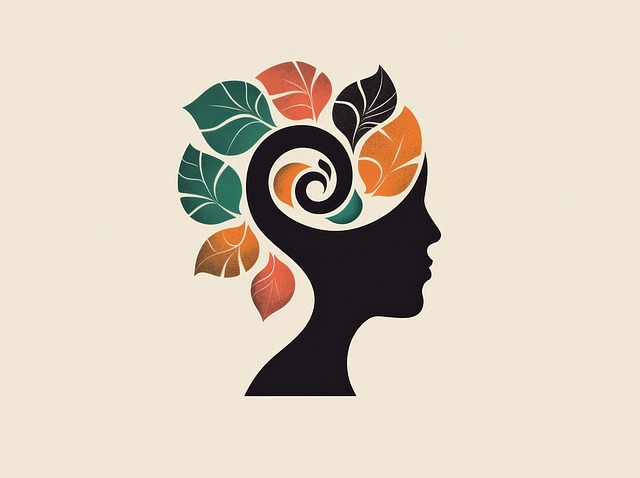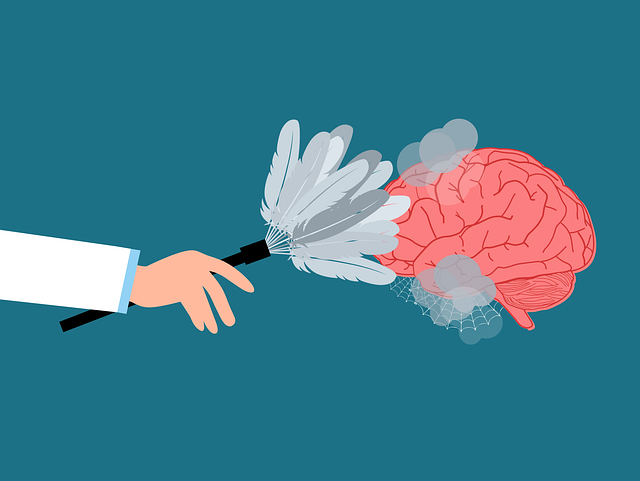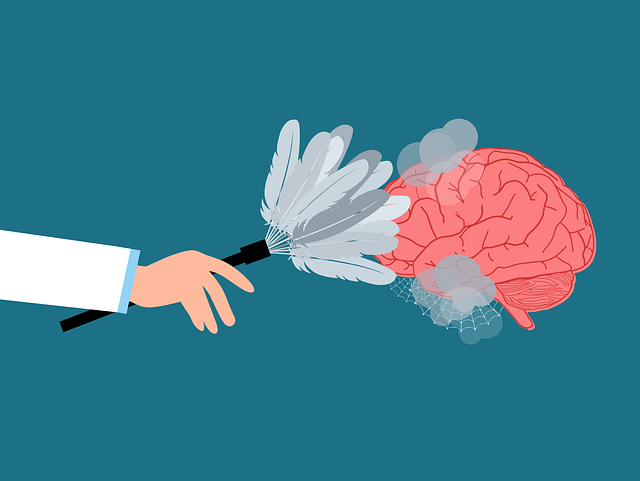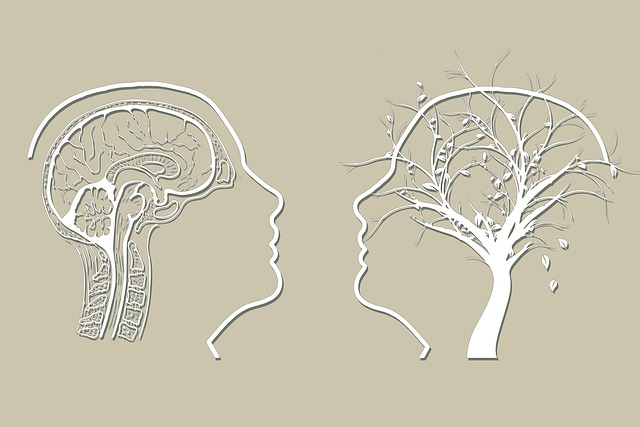Self-care and holistic mental health education are crucial for children's well-being, especially those navigating gender identity challenges. Specialized therapy, integrated with educational programs, provides safe spaces for emotional exploration, stress management, and building resilience. These interventions, combined with practical self-care strategies like exercise, balanced diets, and mindfulness, empower kids to accept themselves and thrive despite complex issues. By fostering emotional intelligence and creating supportive environments, therapists enable children to develop healthier mindsets and adapt to a changing world.
Self-care is an essential aspect of overall well-being, especially for children navigating their identities. This article delves into the profound impact of self-care practices on a child’s mental health and provides practical strategies to enhance daily routines. We explore therapy options tailored for children with gender identity issues, offering insights into how professional support can foster growth. By understanding the significance of self-care and its connection to a child’s well-being, parents and caregivers can create a nurturing environment, promoting resilience and healthy development.
- Understanding Self-Care and Its Impact on Children's Well-being
- Exploring Therapy Options for Children with Gender Identity Issues
- Practical Strategies to Enhance Daily Self-Care Routines
Understanding Self-Care and Its Impact on Children's Well-being

Self-care isn’t merely a luxury; it’s an essential practice for fostering healthy development in children. Understanding self-care involves recognizing its multifaceted nature, encompassing physical well-being, emotional regulation, and mental health. For children, this includes establishing routines that promote healthy sleep habits, nutritious eating, and engaging in activities that spark joy and curiosity. Beyond basic needs, self-care plays a pivotal role in shaping resilience, particularly when it comes to navigating complex issues like gender identity and its associated anxiety relief needs.
Incorporating therapy for children with diverse gender identities into holistic mental health education programs design can significantly enhance their well-being. These interventions not only provide a safe space for self-exploration but also equip kids with effective stress management workshops organization skills, enabling them to confront societal challenges and internal conflicts head-on. Such proactive measures contribute to stronger, more adaptive individuals who are better equipped to thrive in an ever-changing world.
Exploring Therapy Options for Children with Gender Identity Issues

Many children struggle with understanding and expressing their gender identity, which can significantly impact their emotional well-being. Exploring therapy options is a crucial step in supporting these young individuals through this complex journey. Various therapeutic approaches have proven effective in aiding children with gender identity issues, offering them the space to navigate and accept themselves.
One approach gaining recognition is the integration of mental health education programs designed specifically for this demographic. These programs focus on fostering emotional intelligence, providing children with tools to understand their feelings and those of others. By enhancing emotional well-being promotion techniques, therapists help these kids develop resilience and build healthy coping mechanisms. This supportive environment encourages open dialogue, allowing children to explore their identities at their own pace while cultivating self-acceptance and a positive sense of self.
Practical Strategies to Enhance Daily Self-Care Routines

Incorporating practical self-care strategies into your daily routine can significantly impact your overall well-being, especially for individuals navigating therapy for children with gender identity issues or trauma support services. Simple yet effective practices like setting dedicated time for hobbies and relaxation can foster a sense of calm and control. Engaging in regular physical activity, maintaining a balanced diet, and establishing consistent sleep patterns are foundational elements that contribute to mental health awareness and self-awareness exercises.
Mindfulness meditation, journaling, and deep breathing exercises are powerful tools to enhance emotional regulation. These practices promote self-reflection, enabling individuals to better understand their feelings and triggers. By integrating such activities into their routines, one can cultivate resilience and a healthier mindset, ultimately supporting their mental health journey, whether it’s through therapy or personal growth initiatives.
In light of the above discussions, it’s clear that prioritizing self-care practices is not just beneficial but essential for children’s overall well-being. Understanding the impact of self-care and exploring tailored therapy options, such as those addressing gender identity issues, can significantly enhance a child’s quality of life. By integrating practical strategies into daily routines, parents and caregivers can empower children to develop healthy habits that will serve them throughout their lives. Remember, investing in self-care is an investment in the future happiness and resilience of our children.














